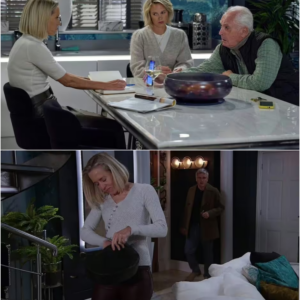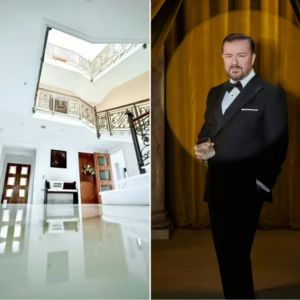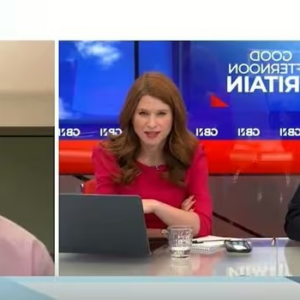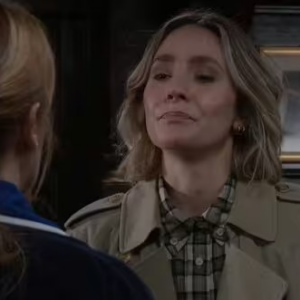Strictly Come Dancing fans were left outraged as they called out Tess Daly for a comment she made to Chris McCausland following his Quickstep
Strictly Come Dancing fans were left in disbelief after Tess Daly’s “embarrassing” remark to Chris McCausland.
During Musicals Week, Chris and his dance partner Dianne Buswell performed a Quickstep to a number from Anything Goes. However, the mood shifted when Tess was heard saying to Chris and Dianne as they approached her, “can you see how happy she is with you”
This comment sparked outrage among viewers, as Chris is visually impaired due to retinitis pigmentosa.
Fans expressed their dismay on social media, with one commenting: “No Tess, Chris can’t see how happy he made Dianne…… #strictly.” Another stated: “Surely Tess didn’t just ask Chris ‘can you see how happy she is with you? ‘ #Strictly.”

Chris McCausland danced a Quickstep tonight (Image: BBC)
A third viewer posted: “Tess saying to Chris ‘can you see how happy she is? ‘….um no Tess, he can’t #Strictly,” while another remarked: “Tess just asked Chris if he could see how happy Diane was….”
One more added: “did tess actually just say ‘can you see how happy she is with you’ to chris. a blind man.” Another wrote: “Did um…did Tess really just ask ‘can you see how happy she is with you?'”
Chris has previously shared that he was “terrified” about being the first blind contestant to take part in the show.

Tess made an ’embarrassing’ comment (Image: BBC)
He discussed how his blindness is a hereditary condition, but he’s determined to make it a manageable aspect of his life.
Speaking to Big Issue, he shared: “Being blind wasn’t just something that happened to me, it was hereditary. Nan was blind, my mum was losing her sight. It was always treated as just part of life, so you get on with it. That’s fed into my way of viewing it.
“But I did always think, things are moving so fast, we’ve got the internet now, surely there will be a cure and I’ll be able to see by the time I’m 30. I mean 40. I mean… and it just moves on and on.”
He added: “When you’re losing your sight gradually, there’s never a clear moment when you are forced to deal with it. I’d refuse to be associated with things connected to it, like, ‘I’m not using a stick, I’m going to pretend I can see’. But you get into more trouble pretending there’s nothing wrong. It wasn’t until I lost my sight completely that I accepted it.”





